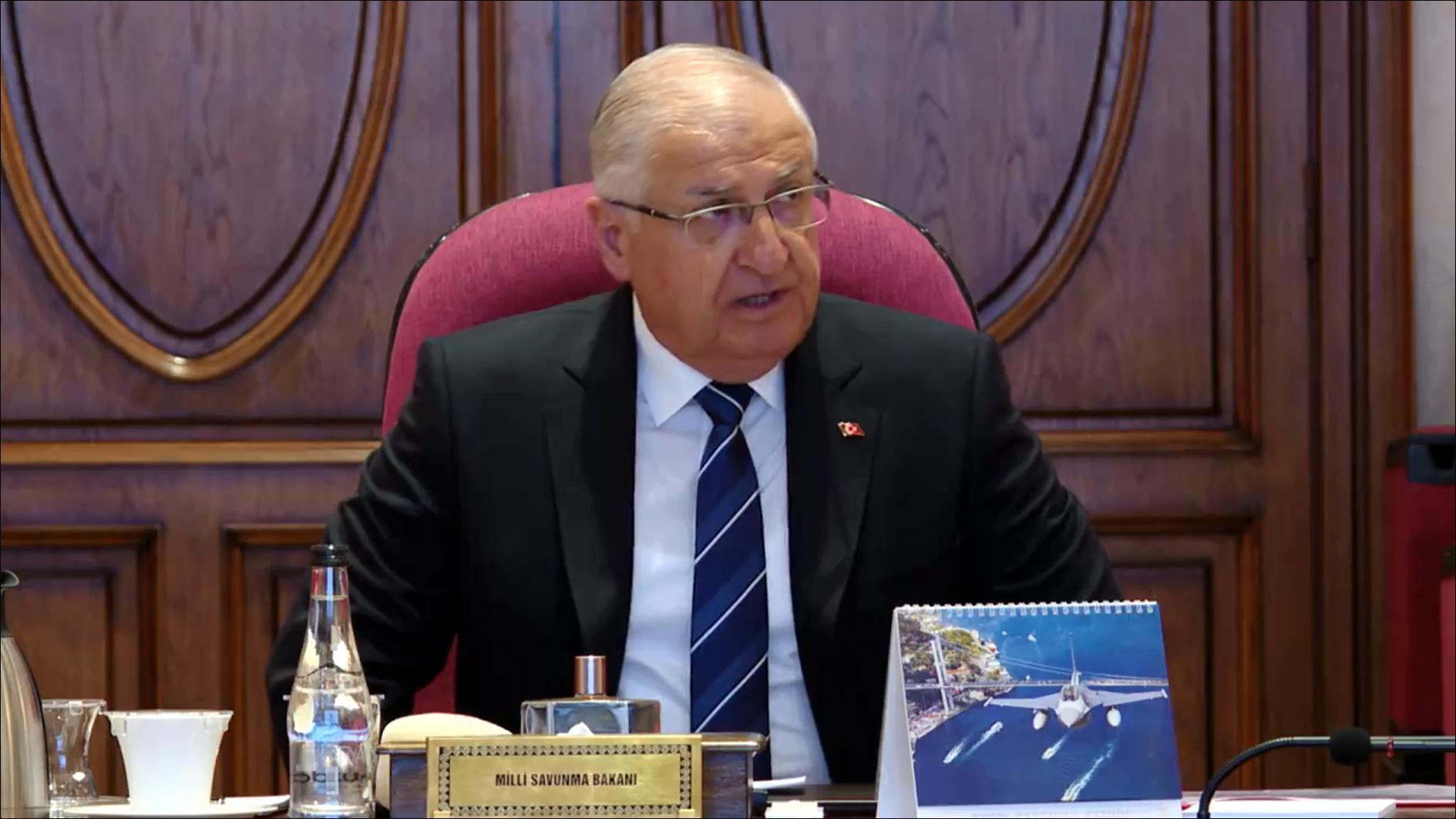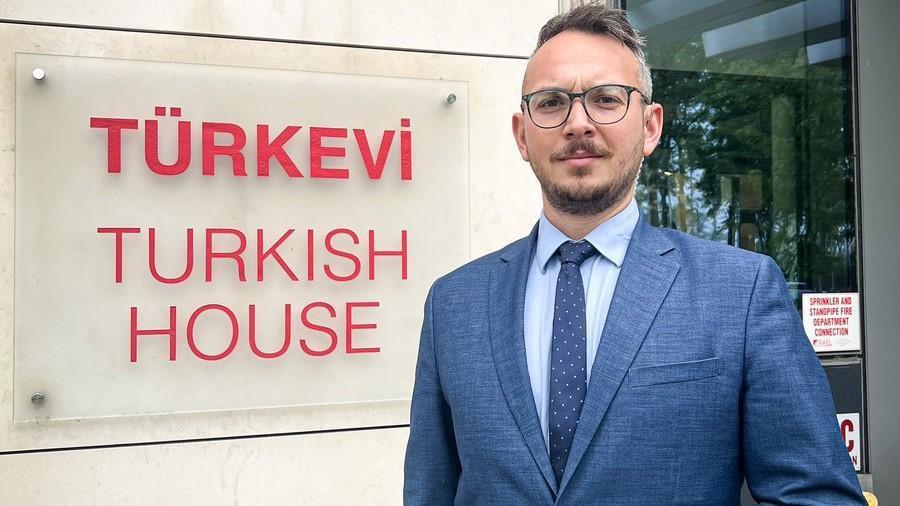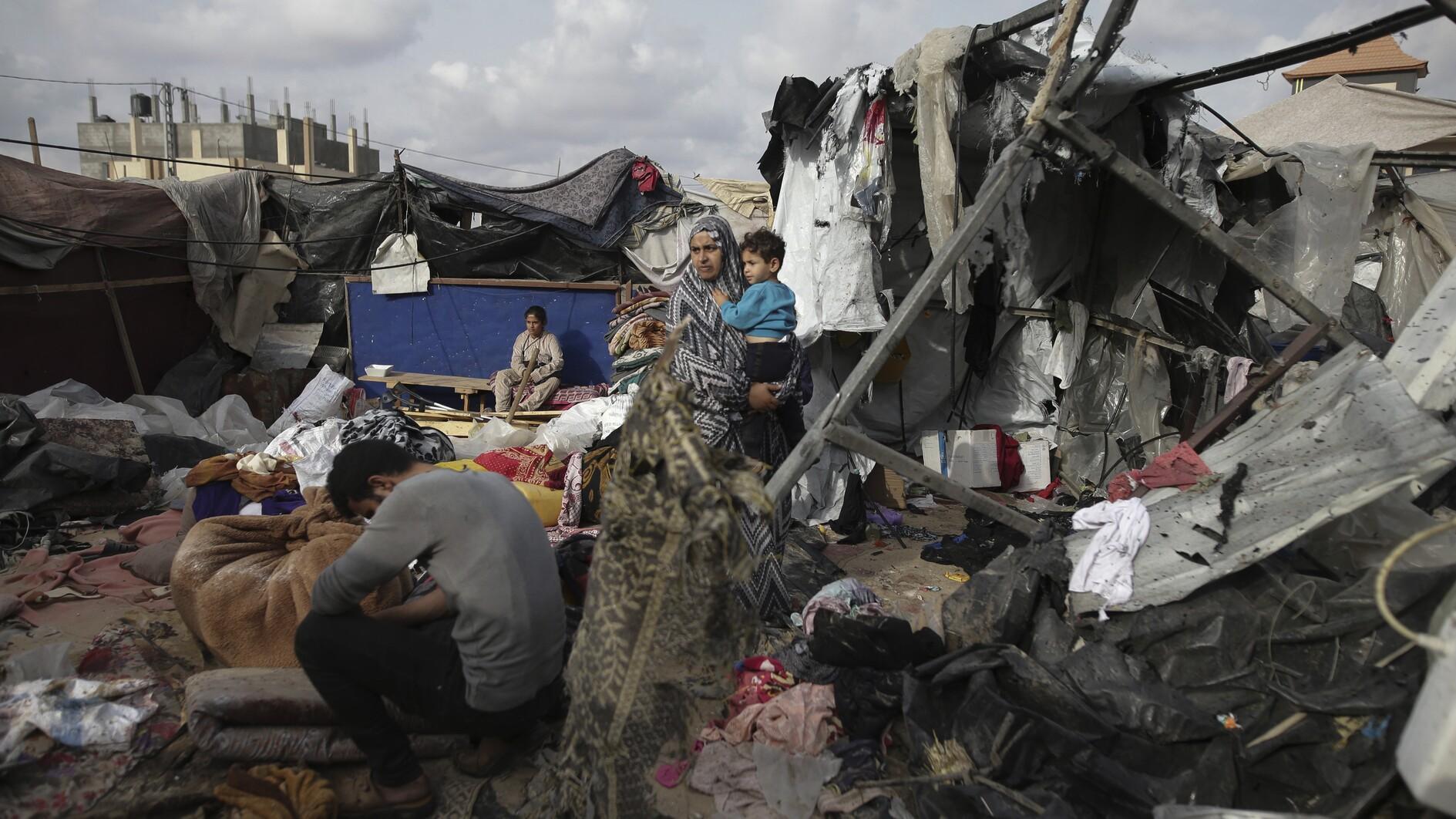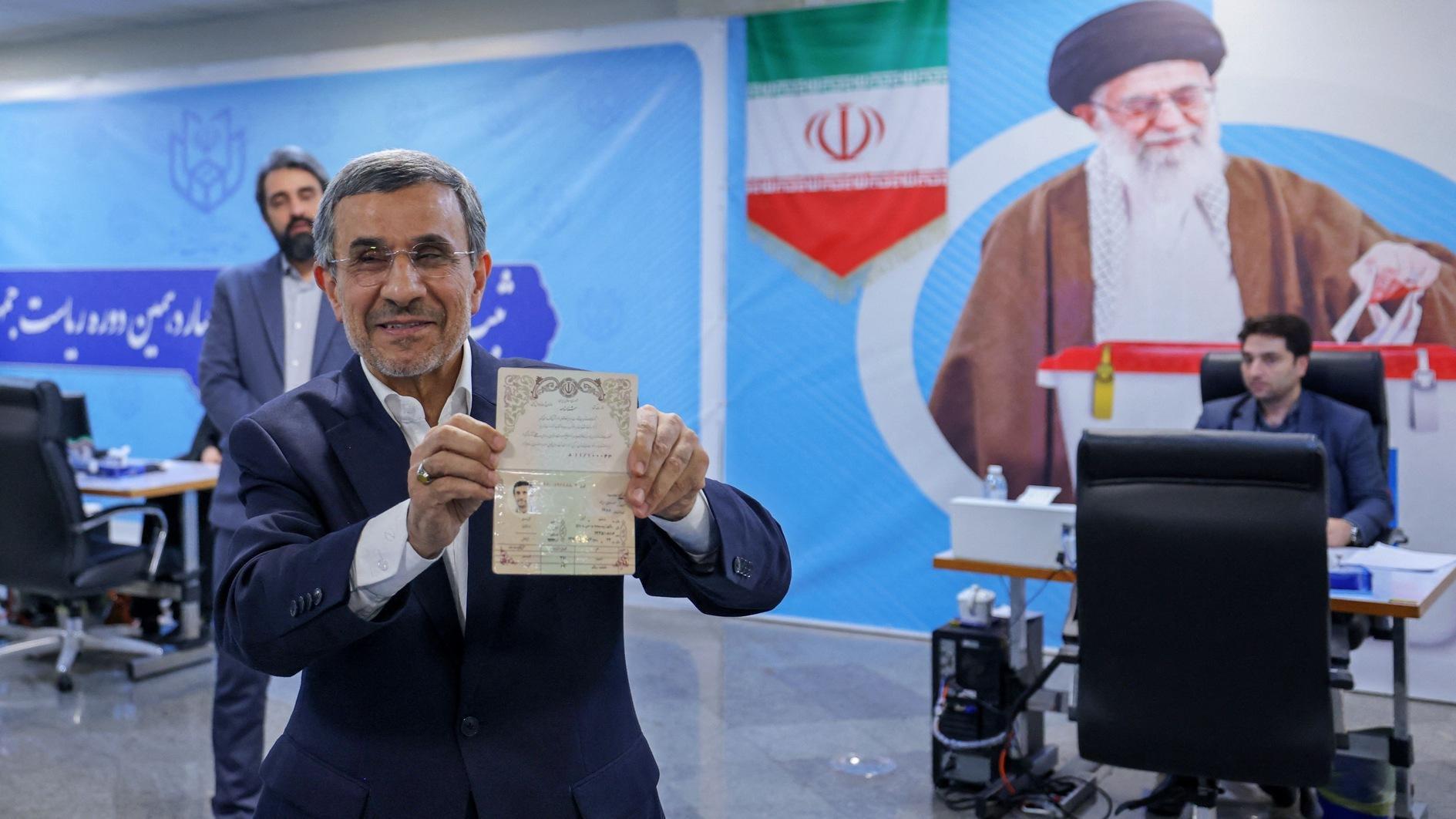Pashinyan faces criticism at home over 1915 remarks
Nerdun Hacıoğlu- ISTANBUL

Armenian Prime Minister Nikol Pashinyan has faced protests and criticism in his country due to his skeptical approach towards inflaming the debate on the 1915 events and “genocide" allegations.
Türkiye says that the deaths of Armenians in eastern Anatolia occurred when some individuals sided with invading Russians and revolted against Ottoman forces in 1915. The subsequent relocation of Armenians resulted in casualties, with Armenia claiming that these events amounted to genocide.
Prior to the anniversary of the events on April 24, Pashinyan drew criticism for refraining from using the term genocide and instead referring to it as a "great calamity" and "disaster."
Following his remarks on April 16, Pashinyan was accused of betraying the "national cause" and faced calls for resignation from scores of Armenians.
However, in his statement on the anniversary of the events, he used the term genocide but emphasized the need for the Armenian people to move beyond the "1915 trauma," highlighting that this debate should not resurface at regular intervals.
In his statement, Pashinyan indicated that the genocide allegations were brought up in 1946 by the Soviet Union, which did not want Türkiye to become a NATO member, underscoring the need for a multidimensional examination of the issue beyond political or historical perspectives.
"The true extent of this disaster should be clarified by revealing the names and addresses of the affected individuals. The genocide approach derived from 1946 onwards to be used against Türkiye, which was preparing to become a NATO member during the Soviet era, requires explanation."
Türkiye joined NATO in 1952 following its contribution of troops to the Korean War.
"We still view the world and ourselves through the prism of genocide. We still relate to the world with the emotional trauma created by that disaster and conduct ourselves. Therefore, we sometimes fail to see present-day realities and can make new mistakes."
“We should approach the issue of genocide not only as a part of the past but also from a political, social and philosophical perspective, considering our future," Pashinyan stated.
Despite a month passing since Pashinyan's statements regarding the 1915 allegations, blaming Soviet Russia for the issue, it continues to dominate the Armenian agenda, almost daily.
Criticisms of "Pashinyan betrayed our national cause" surface through speeches by opposition parliamentarians or messages spread on social media.
















